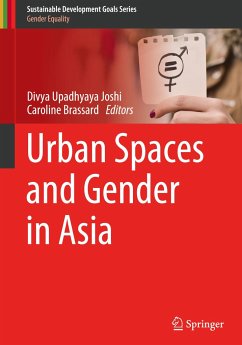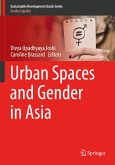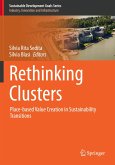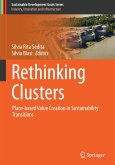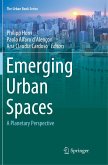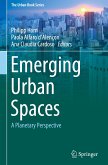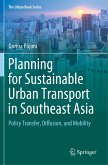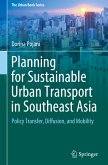Exploring the relationship between place and identity, this book gathers 30 papers that highlight experiences from throughout the Asia-Pacific region. The countries profiled include China, India, Japan, Indonesia, and Thailand. Readers will gain a better understanding of how urbanization is affecting gender equity in Asian-Pacific cities in the 21st century.
The contributing authors examine the practical implications of urban development and link them with the broader perspective of urban ecology. They consider how visceral experiences connect with structural and discursive spheres. Further, they investigate how multiple, interconnected relations of power shape gender (in)equity in urban ecologies, and address such issues as construction of Kawaii as an idealized femininity, diversity among homosexuals in urban India, and single women and rental housing.
In turn, the authors present hitherto unexplored sub-themes from historiography and existentialist literary perspectives, and share a vast range of multi-disciplinary views on issues concerning gendered dispossession due to the impact of urban policy and governance. The topics covered include socio-spatial and ethnic segregation in urban spaces; intersections of gender, race, ethnicity, nationality, religion, and caste in urban spaces; and identity-based marginalization, including that of LGBT groups. Overall, the book brings together perspectives from the humanities and the social sciences, and represents a valuable contribution to the vital theoretical and practical debates on urbanism and gender equity.
The contributing authors examine the practical implications of urban development and link them with the broader perspective of urban ecology. They consider how visceral experiences connect with structural and discursive spheres. Further, they investigate how multiple, interconnected relations of power shape gender (in)equity in urban ecologies, and address such issues as construction of Kawaii as an idealized femininity, diversity among homosexuals in urban India, and single women and rental housing.
In turn, the authors present hitherto unexplored sub-themes from historiography and existentialist literary perspectives, and share a vast range of multi-disciplinary views on issues concerning gendered dispossession due to the impact of urban policy and governance. The topics covered include socio-spatial and ethnic segregation in urban spaces; intersections of gender, race, ethnicity, nationality, religion, and caste in urban spaces; and identity-based marginalization, including that of LGBT groups. Overall, the book brings together perspectives from the humanities and the social sciences, and represents a valuable contribution to the vital theoretical and practical debates on urbanism and gender equity.

